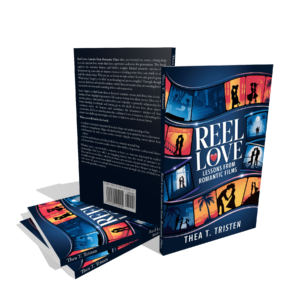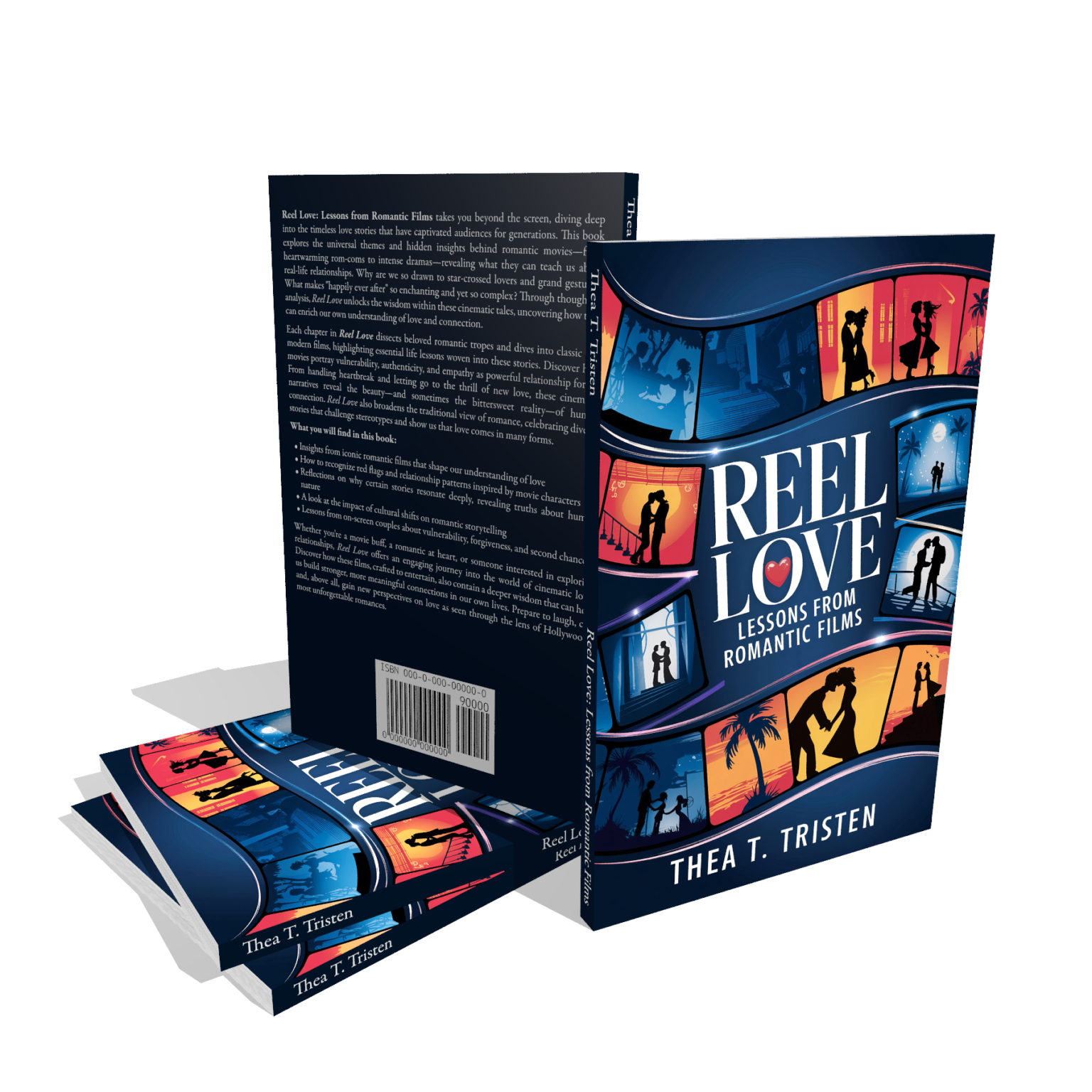Reel Love: Lessons from Romantic Films – Complete Guide to Learning Love from Movies

Transform your understanding of love and relationships through the powerful lessons hidden in romantic films. If you’ve ever wondered why certain movie moments make your heart flutter or leave you questioning your own relationships, “Reel Love: Lessons from Romantic Films” provides the answers you’ve been seeking. This insightful ebook reveals how cinematic love stories can become your personal relationship roadmap, offering practical wisdom that goes far beyond entertainment.
Unlike typical relationship advice books that rely on clinical theories, this unique guide uses beloved romantic films to explore emotional authenticity, vulnerability, and genuine connection. You’ll discover how romantic movies reflect real relationship patterns and learn to apply these cinematic insights to create deeper, more meaningful connections in your own life.
What You’ll Discover
- Emotional Authenticity Mastery: Learn to recognize and practice genuine vulnerability through iconic film examples that demonstrate healthy emotional expression
- Relationship Pattern Recognition: Discover how to identify toxic dynamics and red flags by analyzing common romantic film tropes and their real-world implications
- Cultural Love Perspectives: Explore diverse romantic narratives from different cultures that challenge traditional relationship norms and expand your understanding of love
- Conflict Resolution Techniques: Master effective communication strategies demonstrated by memorable movie couples who navigate challenges successfully
- Personal Growth Through Love: Understand how romantic experiences promote self-discovery and character development, just like your favorite film protagonists
- Heartbreak Recovery Wisdom: Transform painful endings into valuable learning experiences using lessons from cinematic breakups and romantic failures
Why This Book Matters
Romantic films offer more than entertainment—they provide a mirror for our deepest desires and relationship challenges. This comprehensive guide bridges the gap between cinematic fantasy and relationship reality, helping you extract practical wisdom from beloved love stories. By examining romantic archetypes and emotional journeys, you’ll develop better empathy, communication skills, and self-awareness.
Whether you’re single and seeking clarity about love, in a relationship wanting deeper connection, or healing from heartbreak, these film-based insights offer immediate practical application. You’ll learn to recognize unhealthy patterns, embrace vulnerability as strength, and create the authentic romantic experiences you’ve always wanted.
Key Features
This comprehensive ebook spans multiple chapters covering emotional intelligence, relationship dynamics, cultural representation, and personal growth through love. Available as an instant digital download, you’ll receive immediate access to practical exercises, reflection prompts, and real-world application strategies. The format allows for easy reading on any device, with printable relationship assessment tools for hands-on practice. Also available as audiobook on Google Play Books and Spotify for convenient listening during commutes or workouts.
Frequently Asked Questions
How can romantic films actually improve my real relationships?
Romantic films showcase emotional patterns, communication styles, and relationship dynamics that mirror real life. By analyzing these cinematic relationships critically, you learn to recognize healthy versus unhealthy behaviors, understand the importance of vulnerability, and develop better empathy. The book teaches you to extract practical wisdom from fictional scenarios.
Will this book help me avoid unrealistic relationship expectations from movies?
Absolutely. The book specifically addresses how to separate cinematic fantasy from relationship reality while still learning valuable lessons. You’ll discover how to appreciate romantic films without letting them create impossible standards, instead using them as tools for personal growth and better relationship understanding.
Is this book useful for people who don’t watch many romantic movies?
Yes, because the book uses widely known films and universal romantic themes to illustrate its points. Even if you’re not a romance movie fan, you’ll recognize the relationship patterns and emotional scenarios discussed. The focus is on practical relationship skills rather than extensive film knowledge.
Get Your Copy Today
Transform your relationship understanding with this comprehensive guide to love lessons from romantic films. Available for instant download at just $6.99, this ebook provides exceptional value compared to expensive relationship coaching or therapy sessions. Also available as audiobook on Google Play Books and Spotify for flexible learning. Purchase your copy through all major ebook retailers including Apple Books, Barnes & Noble, and Kobo to begin improving your romantic relationships today.
Watch the Video Review

